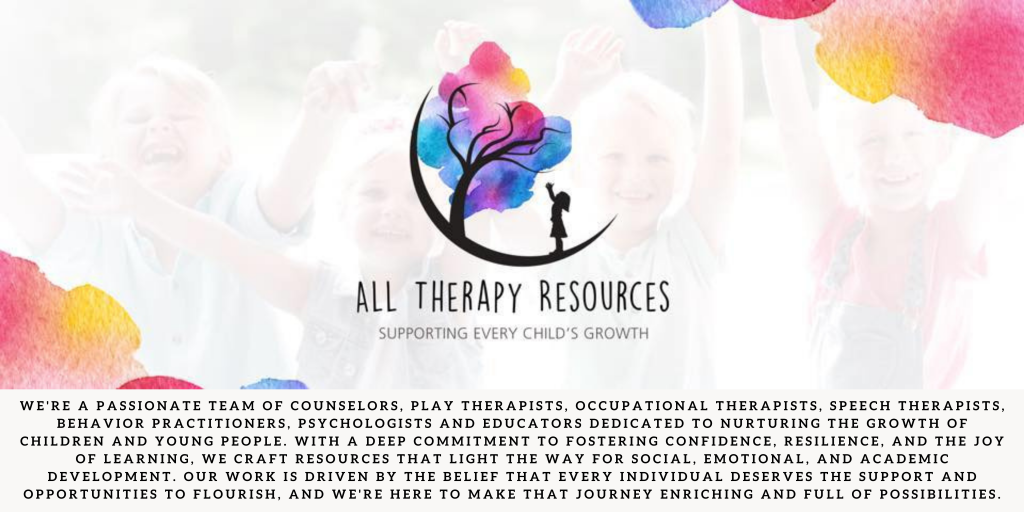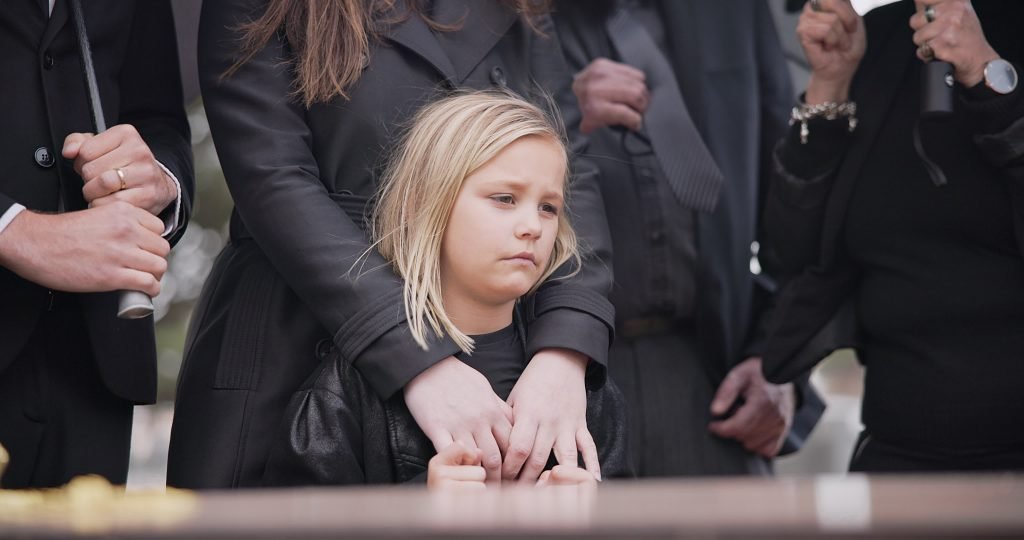
Losing someone or something you care about is like having your world flipped upside down. It doesn’t matter if it’s a family member, a friend, or even a pet; grief hits hard. And when you’re trying to keep up with school, exams, and everything else?
It feels like you’re carrying a heavy backpack that no one else can see.
But guess what? You’re not walking this path alone. Let’s talk about some real, down-to-earth ways we can help each other out and find a bit of light in the midst of all this.
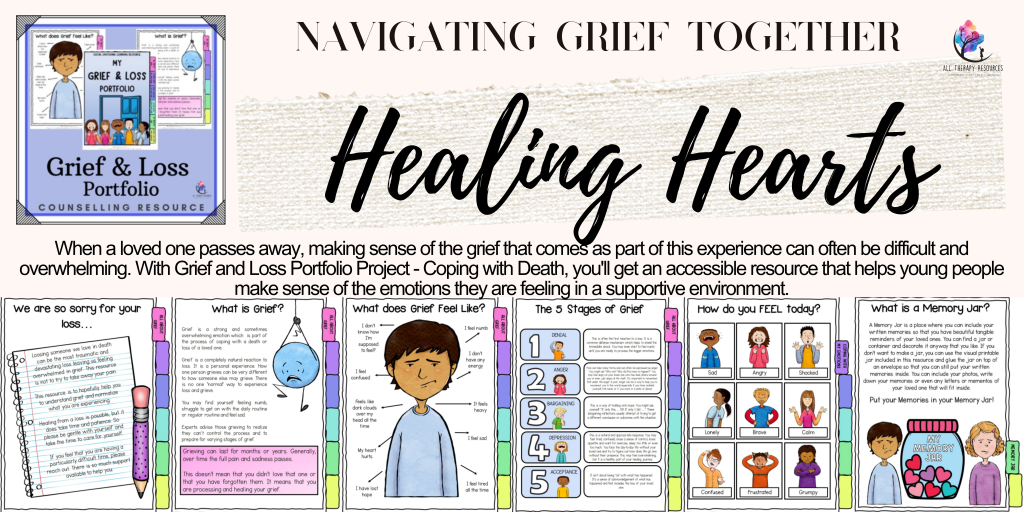
Understanding Grief and Loss
First up, it’s okay to feel all over the place. One minute you’re sad, the next you’re mad, and sometimes you might even catch yourself laughing and then feel guilty about it.
That’s grief for you—it’s complicated.
It’s Okay to Feel…Everything
When crossing the turbulent waters of loss, it’s important to keep in mind that every single one of your sensations is legitimate. Expressing oneself, whether with a pen or a painting, is a step toward recovery.
- Journaling: Ever thought of writing down what’s on your mind? It might sound a bit old-school, but it helps. It’s like texting your thoughts to paper. No judgments, no rules.
- Art Stuff: Not all of us can put everything into words, and that’s cool. If you’re into drawing, painting, or even making something out of clay, go for it. It’s about letting those feelings out in your way.
For starters, there’s this Small Group Counseling Curriculum designed specifically for elementary school kids. It’s like a roadmap through grief, tailored for young hearts. It helps open up those challenging discussions in a way that’s gentle and accessible.
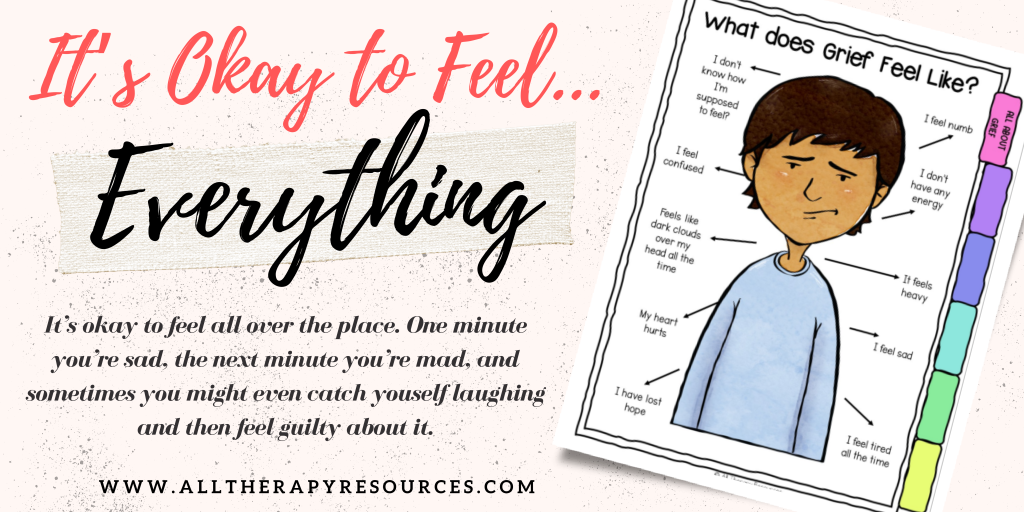
Your Journey Is Yours
When starting this grieving process, it is critical to understand one thing right away: your route is specific to you and has no end date.
- No Timer on This: Some people say you should be “over it” by a certain time. But here’s the thing—there’s no stopwatch on grief. You’re allowed to feel what you feel, as long as you need to.
- Be Nice to Yourself: Some days, you might not want to get out of bed, and other days, you might want to run a marathon. Both are okay. Treat yourself like you would your best friend going through a tough time.
For those who find comfort in expressing themselves creatively, there’s the Grief and Loss Portfolio Project. This project is a heartfelt way to navigate through your feelings, offering a personal space to reflect, remember, and maybe even find a bit of peace.
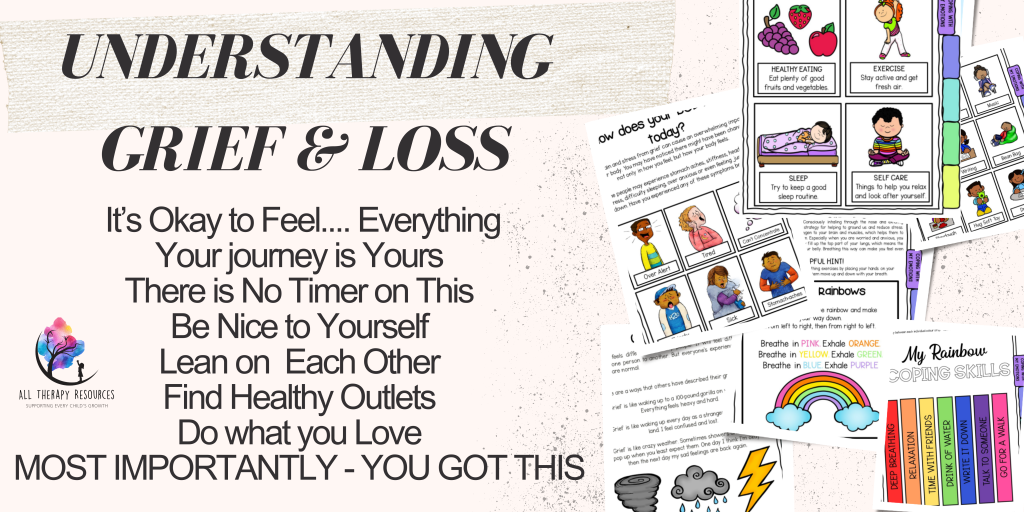
Creating Spaces for Sharing
Talking about what you’re going through can be a game-changer. It’s not about dumping your feelings on someone else but finding a shared space where it’s safe to be real.
Lean on Each Other
- Friends and Trusted Adults: Sometimes just hanging out with a friend and talking about random stuff can lead to opening up about the heavy stuff. Or maybe there’s a teacher or counselor you vibe with—reach out.
- Start or Join a Support Group: Whether it’s at school or somewhere online, being part of a group where everyone’s going through something similar can make you feel less alone. It’s like being part of a team where everyone gets it.
Supporting Each Other
We all deal with grief differently, but having someone there can make a huge difference. It’s about being present, not fixing things.
Just Being There
- Listen More, Talk Less: Sometimes, the best thing you can do is just listen. No need to come up with the perfect thing to say. Just being there can be enough.
- Small Acts of Kindness: A note, a text, or even just a meme can let someone know you’re thinking about them. It’s the little things that count.

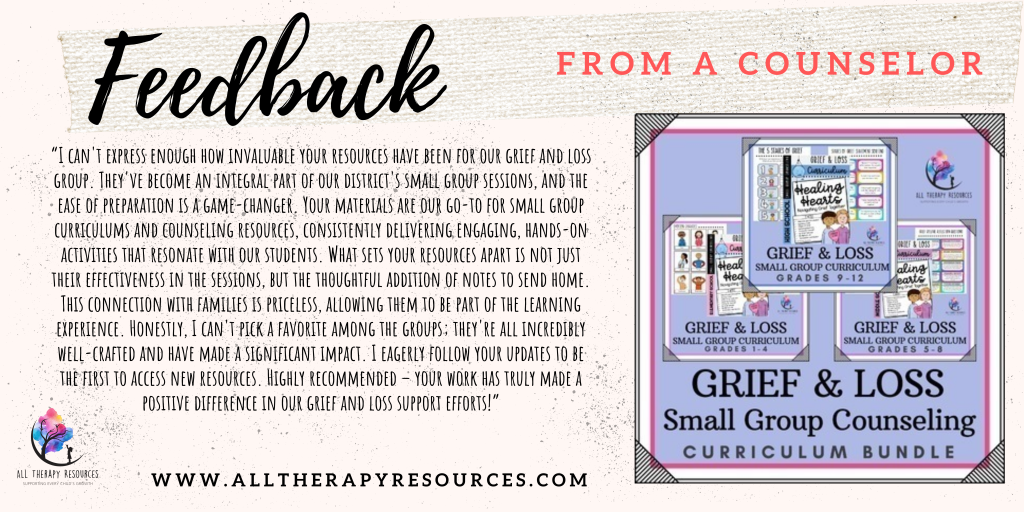
Finding Healthy Outlets
Channeling your energy into something positive or creative can be super helpful. It’s about finding what works for you.
Do What You Love
- Get Moving: Skateboarding, dancing, walking—whatever gets you moving can help shake off some of the heavy feelings.
- Create: Keep a sketchbook, start a blog, or even cook something. Creating something new can be a powerful way to process your feelings.
Wrapping Up
Walking through grief is tough, no doubt about it. But doing it together, sharing our stories, and supporting each other? That’s how we start to heal. Remember, it’s okay to laugh, to cry, and to just be. We’re all in this together, figuring it out one day at a time.
Before You Go, Here’s a Little Something…
Hey, if any of this resonated with you and you’re thinking, “I could use a bit more of this kind of support,” I’ve got just the thing. Over at our All Therapy Resources spot on Teachers Pay Teachers, we’ve put together some really cool stuff specifically for navigating these tough times.
You got this.
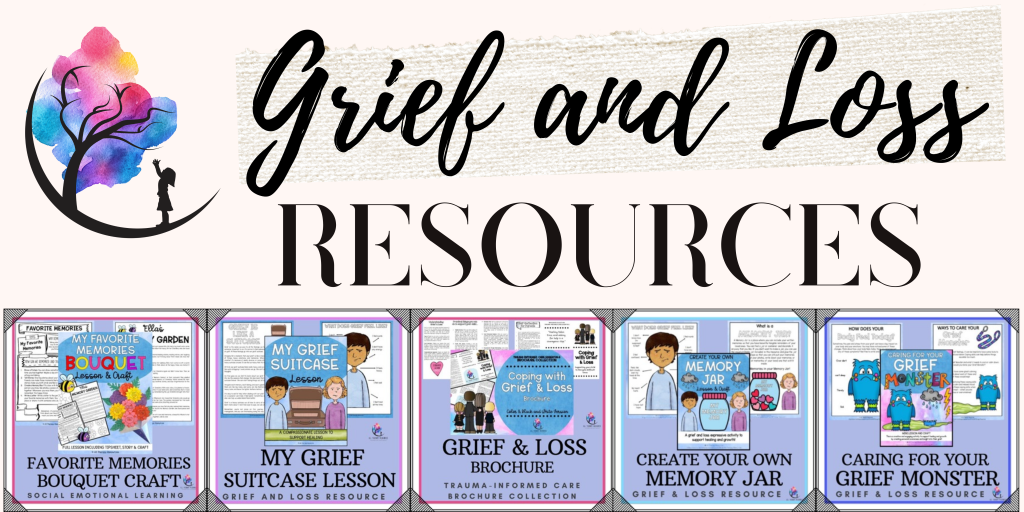
FAQs:
- Is it normal to experience different emotions while grieving? Absolutely. Grieving people often experience a range of emotions, from sadness and anger to guilt and disbelief. It’s normal to feel these emotions, sometimes all at once or fluctuating rapidly.
- How can journaling help with grief? Journaling offers a private space to express your feelings and thoughts. It’s a form of self-therapy that can help you process your emotions and make sense of your loss.
- Can creative activities really help manage grief? Yes, engaging in creative activities like drawing, painting, or sculpting allows you to express emotions that might be hard to put into words. It’s a therapeutic way to release and understand your feelings.
- What if I don’t feel like sharing my feelings with others? It’s okay to take your time. Everyone processes grief differently. If you’re not ready to talk about it, consider writing your feelings down or expressing them through art. Sharing can be beneficial, but only when you’re ready.
- How long does grief last? Grief has no timeline. The process varies greatly among individuals. It’s important to allow yourself to grieve in your own time and seek support when needed.
- What are some signs I might need extra help with my grief? How can I support a friend who is grieving?
- Are there benefits to joining a support group? Yes, support groups provide a sense of community and understanding. Sharing experiences with others who are going through similar situations can be incredibly comforting and helpful.
- Where can I find resources for coping with grief? Many online platforms, schools, and community centers offer resources and support groups for those dealing with grief. Websites like All Therapy Resources on Teachers Pay Teachers offer curated materials to help navigate these challenging times.
Reaching Out…
If your grief interferes with your ability to function in daily life, or if you experience intense, unrelenting sadness, withdrawal, or hopelessness, it may be time to seek professional help. Be present and listen. Offer your support through small acts of kindness. Let them know you’re there for them without pressuring them to share their feelings until they’re ready.
